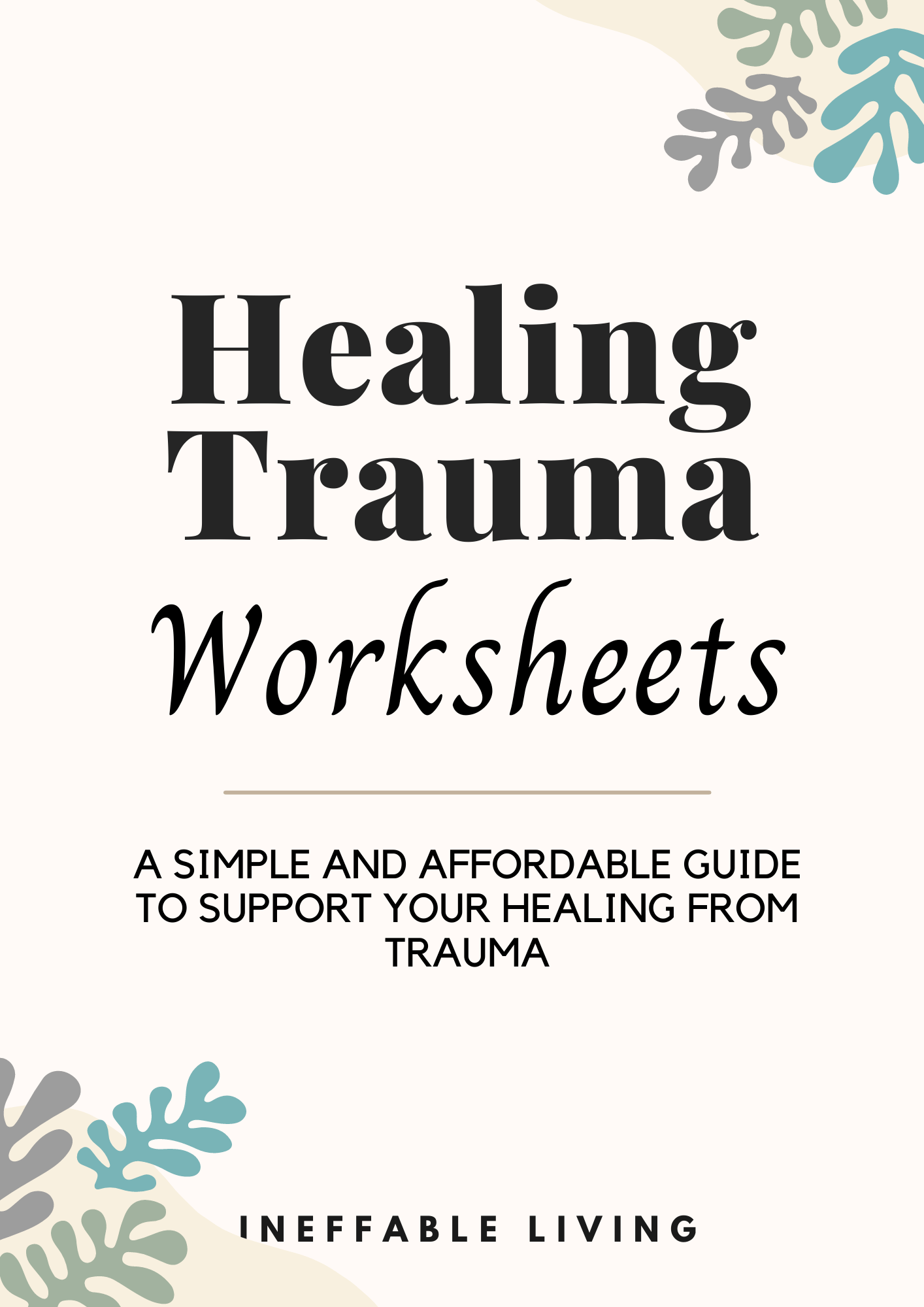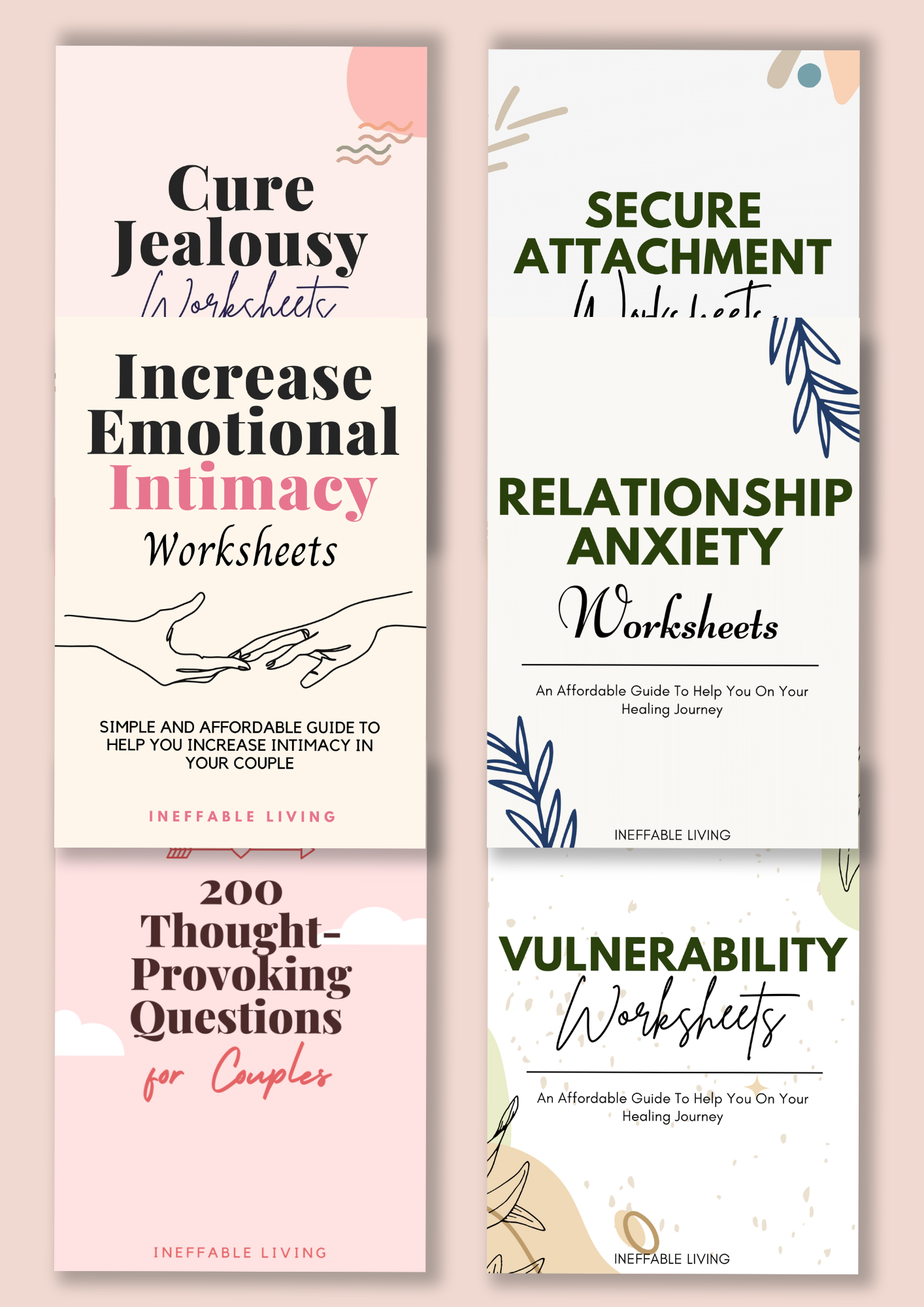1. Identify a recent situation in which you experienced self-doubt or self-criticism. Reflect on the specific thoughts that arose. What were the underlying beliefs or fears driving these thoughts?
2. Consider any recurring patterns of negative self-talk or self-limiting beliefs that have impacted your confidence or well-being. How do these thoughts influence your emotions and behavior?
3. Reflect on past experiences in which you may have internalized criticism or rejection, leading to the adoption of self-defeating thoughts. How have these experiences shaped your perception of yourself?
4. Explore the origins of your self-defeating thoughts. Are there early influences or significant life events that have contributed to the development of these patterns?
5. Consider the potential impact of your self-defeating thoughts on your goals and aspirations. How do these thoughts hinder your ability to pursue growth, take risks, or embrace new opportunities?
6. Challenge your self-defeating thoughts by exploring evidence that contradicts these beliefs. What alternative perspectives or counterexamples can you identify to challenge the validity of these thoughts?
7. Reflect on the emotional toll of maintaining self-defeating thoughts. How do these thoughts contribute to feelings of anxiety, low self-worth, or imposter syndrome?
8. Consider the ways in which external influences, such as societal pressures or cultural norms, may contribute to the reinforcement of self-defeating thoughts. How can you cultivate resilience against these influences?
9. Explore the role of self-compassion in reframing self-defeating thoughts. How can you respond to these thoughts with kindness, understanding, and self-support?
Self-Defeating Thoughts Worksheets





